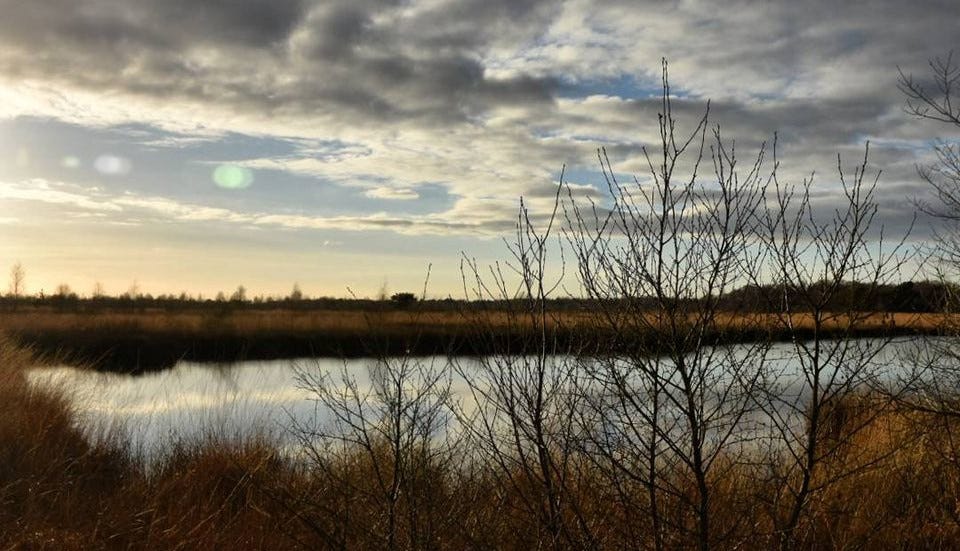Belarus rising
For decades Alexander Lukashenko stubbornly resisted neoliberal economic "reforms". His strategy is now being vindicated.
“Russians like to visit Belarus for nostalgic reasons,” my acquaintance V. once told me. “It reminds them of life in the former Soviet Union.” V. was an emigre who had left Belarus for the West after the collapse of the USSR and settled in the Netherlands, becoming an IT specialist. Though he had received an excellent university education (Minsk was a high-tech mecca during the Soviet era), V. didn’t have much good to say about Belarus; he spoke quite disparagingly Alexander Lukashenko, who has led the country 1994, and who for years the Western legacy media has referred to as the last dictator of Europe. In supposedly modern and progressive Europe, Belarus is portrayed as an anomaly, an anachronism. Although V. had wholly internalized the cultural chauvinism of Western Europe, occasionally he unconsciously revealed a different truth, a more complex reality, such as with the comment above.
Belarus — miraculously — was never subjected to the shock therapy inflicted on various other of its Eastern European neighbors, which wrought so much destruction, particularly in the case of Russia. Belarus remained a stable, orderly society where not much seemed to happen. Elections would come and go, pro-Western, “pro-democracy” protesters would criticize Lukashenko’s seemingly unwavering hold on power.
During elections in August 2020 what appeared to be a Western-backed “color revolution” flared up, the goal of which would have been to hive off yet another country on Russia’s perimeter, thereby ostensibly further weakening the latter’s geostrategic position, the enduring obsession of US/UK neconservatives. In any event, Lukashenko prevailed. After a long period of maintaining a delicate balance between the West and Russia, the event seems to have catalyzed him into seeing that the country’s long-term interests lie with closer integration with the East, as do the long-term interests, hitherto yet to be fully acknowledged, for Europe as a whole. A spate of agreements has been announced indicating increasingly closer ties, including full implementation of the Union State treaty signed in 1997. Earlier this month, Russia agreed to station nuclear arms in the country, something that was greeted with dismay in the West (RT: “Russia gives ally nuclear strike capabilities”, 4 April 2023).
In a recent podcast, London-based geopolitical commentator Alexander Mercouris discussed Lukashenko’s recent visit to Moscow and long his meeting with Russian president Vladimir Putin. According to Mercouris, Lukashenko had previously resisted closer integration with Russia because he disagreed with many aspects of the Russian economic model, “it was far too neoliberal.” The Belorussian leader wanted to protect the enormous industrial base retained from Soviet times, notably the giant Minsk Automotive Plant (Maz), which produces the large trucks that Russia still imports in large quantities.In the past, moving too close to Russia might have threatened the viability of Soviet-era factories and the economic position of their workers, who are an important part of Lukashenko’s electoral base.
The Ukraine conflict and Russia’s break with the West have caused the Russians to adapt their economic policies to the new realities. Russia is intending not only to preserve its own Soviet-era state-owned industries but to expand them with additional investments. In other words, says Mercouris, the Russian economic system is starting to look more like that of Belarus. For Lukashenko, this makes Russia a more attractive partner than in the past. “The Russians are moving closer to him,” is Mercouris’s conclusion. “As he would see it, they’re coming home.” (Alexander Mercouris: “UK MoD Admit s Bakhmut Crisis, Russia Storms Pervomaiskoyev, Encircling Avdeyevka; Macron Fails”, 7 April 2023)
Within the rabidly Russophobic Western legacy media, which largely parrots the neoconservative line, Putin is suspected of harboring “revanchist” ambitions, that he wants to recreate the Soviet Union. Nothing he has ever said actually indicates this, and from all appearances the current Russian leaderships in fact feels first and foremost relieved not to have to shoulder the responsibilities and economic burdens of maintaining its former satellites. The precise form of future Russia-Belarus integration is not yet wholly known, but it is clear that it is being taken for strategic reasons by two sovereign states and Belarus in particular stands much to gain — Lukashenko’s careful stewardship of its Soviet legacy is now paying off. The end of Cold War and the collapse of the Soviet Union was considered by many in the West as the ultimate triumph of free-market economics and liberal democracy. That supposedly grand victory is now evaporating before our eyes.



yes, this appears to be right. the burden we in the west mus bear is that we are always mis informed by the press
Nice article, Colin.